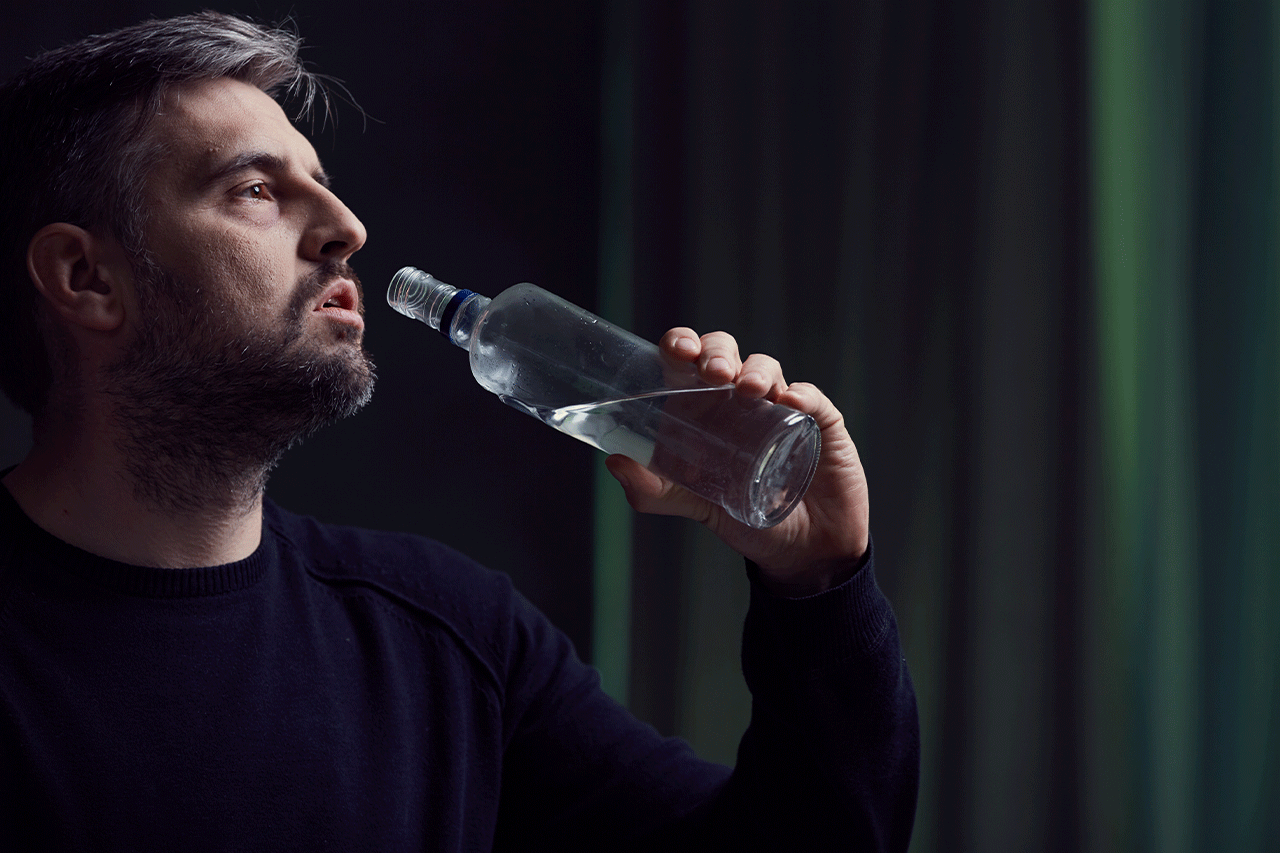
National Day of Prayer 2022: Prayers and Addiction Recovery
May 2, 2022
Is Depression a Sin?
May 17, 2022
National Day of Prayer 2022: Prayers and Addiction Recovery
May 2, 2022
Is Depression a Sin?
May 17, 2022
Relapse is common in the addiction recovery process. Many people require multiple rounds of rehab to remain sober long-term. Although it’s best to avoid relapsing, this isn’t the reality for all recovering addicts. The point is to get them the stabilization care they need to get them back on track. However, relapse is preventable, and if you have a loved one in addiction recovery, there are plenty of red flags to look out for. With this in mind, here are some common alcohol relapse symptoms your loved one might display when they start drinking again.
Alcohol Relapse Warning Signs
The warning signs of alcohol relapse may vary from person to person, but the most common is a shift in personality. The person might begin to seem distracted or detached from you or others they’re close to. Maybe their performance at work or school declines, and they suddenly start to resemble who they were when they were drinking.
As a Christian addiction recovery center, we’re familiar with the various warning signs of relapse and how important it is to catch them before the person falls back into active addiction. Keep in mind that these are common behaviors that lead up to relapse and don’t necessarily indicate that the person has started abusing alcohol again. Here is a guide on how to tell if an alcoholic has relapsed as well as treatment options available at our facility.
They’re Neglecting Their Groups
A common indicator of looming relapse in a recovering addict is neglecting their support groups. Support groups like the 12 Steps are a form of rehab aftercare that helps addicts in recovery stay on track. When a person who regularly attends groups suddenly seems disinterested or begins missing their groups to do something else, they might struggle with the possibility of relapse. If you notice this shift in behavior in a loved one, talk to them right away and gently remind them of the importance of these groups.
They’re Stressed
Stress is one of the most common sources of substance abuse, so it’s no surprise that it’s also a common contributor to relapse. If you notice that this person is under a lot of stress, ask them how they’re doing and actually listen. Find out if there’s any way you can help them out and encourage them to stick with their recovery plan. In the future, check in with them regularly to keep them accountable and show them that you’re around to help.
They’re in Denial
This is not a denial that they have a drug or alcohol problem. It’s a denial that they’re stressed or struggling with sobriety. Signs this person might be struggling with a lot of stress or anxiety include frequent mood swings, losing their temper often and easily, and turning to unhealthy coping mechanisms that aren’t alcohol, such as overeating. If this person denies any problem, make a note of these behaviors, so you can gently confront them and come up with a better plan.
They’re Losing Their Routine
Changes in routine are also common among recovering addicts who are struggling with relapses. It’s important for people in addiction recovery – especially in the early stages – to develop a routine that’s conducive to a sober lifestyle. Boredom and lack of purpose are common contributors to relapse, and having a productive routine in recovery that incorporates purposeful and fun activities is a great way to fight relapse.
If you notice that this person is starting to fall out of their usual schedule, encourage them to get back on track and offer your help in any way you can. For instance, if they’re used to doing 30 minutes of exercise every day, offer to work out with them.
They’re Withdrawing From You and Others
Usually, people who abuse alcohol like to drink alone, often because they feel ashamed about their drinking or because they don’t want anyone to comment on it. Thus, isolation from loved ones is a typical indicator that this person is thinking of relapsing. This person might be thinking of drinking again, and out of shame or trying to prevent anyone from keeping them accountable, they might try to avoid socializing.
As we mentioned before, it’s important to stay connected to this person without overwhelming them. Remind them of their goal, make yourself available, and help without needing to be asked. By sticking with them, you can show them that they aren’t alone and that isolating themselves isn’t the solution.
Their Old Habits Are Resurfacing
Old habits include revisiting locations or people from when they were drinking. If you notice your loved one doing this, ask them about it. Avoid making any accusations, but instead, ask them why and bring up some possible dangers. Help them set boundaries and ask them how you can help keep them accountable.
They’re Neglecting Personal Hygiene and Responsibilities
Common alcohol relapse symptoms also include neglected hygiene and personal responsibilities. Lack of personal hygiene is usually a sign that someone is struggling with their mental health or substance abuse. Especially if this is a problem that your loved one had during active addiction, gently confront the person about it if they start to neglect their well-being.
Furthermore, neglecting work, school, or family is also a common sign this person is close to relapsing. It’s typical for the substance to take priority over everything in an addict’s life, so you don’t want your loved one to fall back into this lifestyle again.
Don’t Wait. Get Help Now.
If you or a loved one is struggling with alcoholism, Faith in Recovery is here to help. We offer medical detox and alcohol treatment to support physical and mental recovery from addiction. Detox actually plays an important role in relapse prevention, as it offers medication-assisted care for withdrawals, making it easier for patients to overcome cravings.
For more information about our faith-based recovery programs and how we can help, call our Christian addiction recovery center today at 888-280-4763.
Related Reading:
The Best Faith-Based Relapse Prevention Strategies
Meet Faith in Recovery’s Certified Pet Therapy Dog, Luke!

